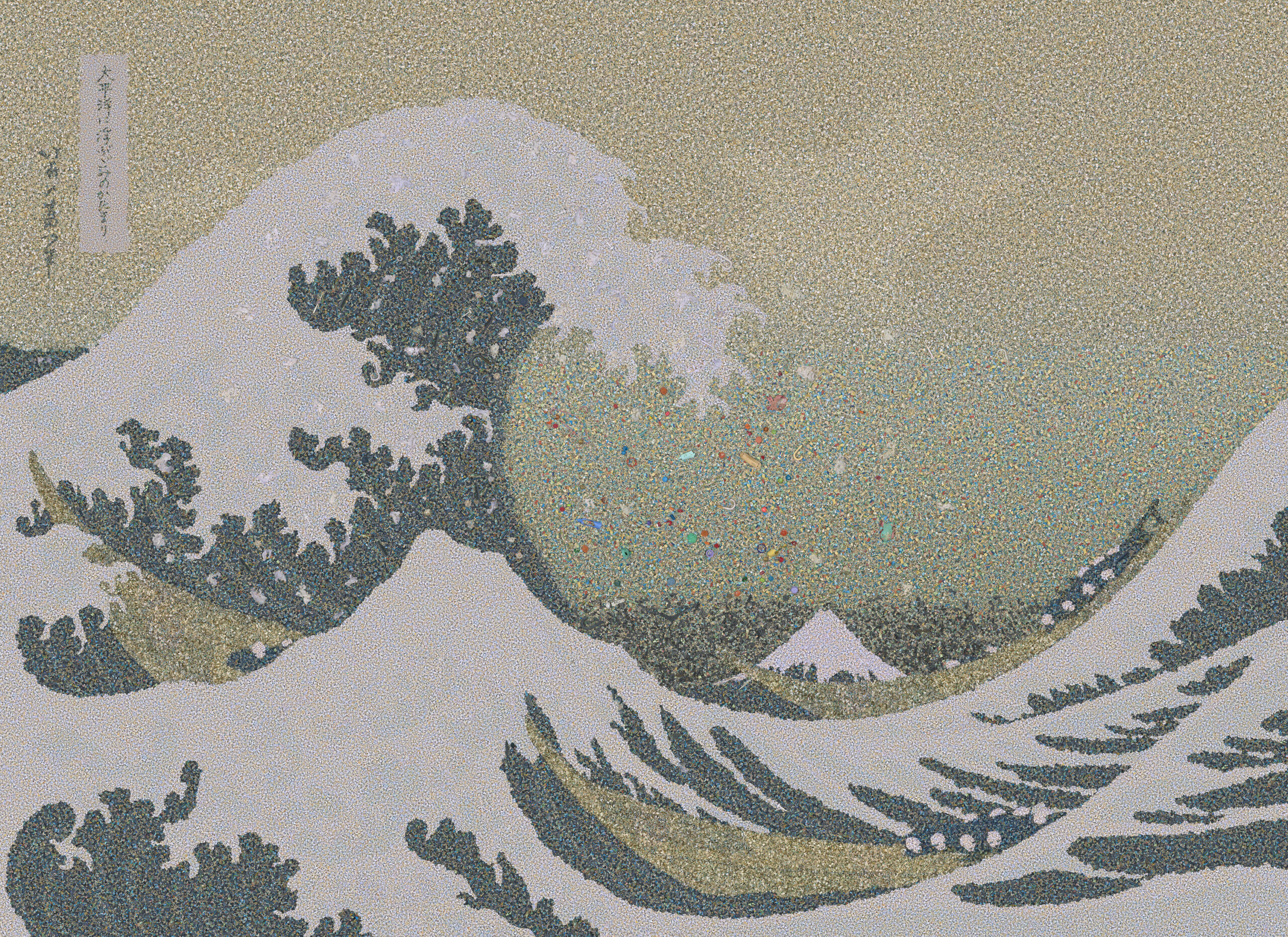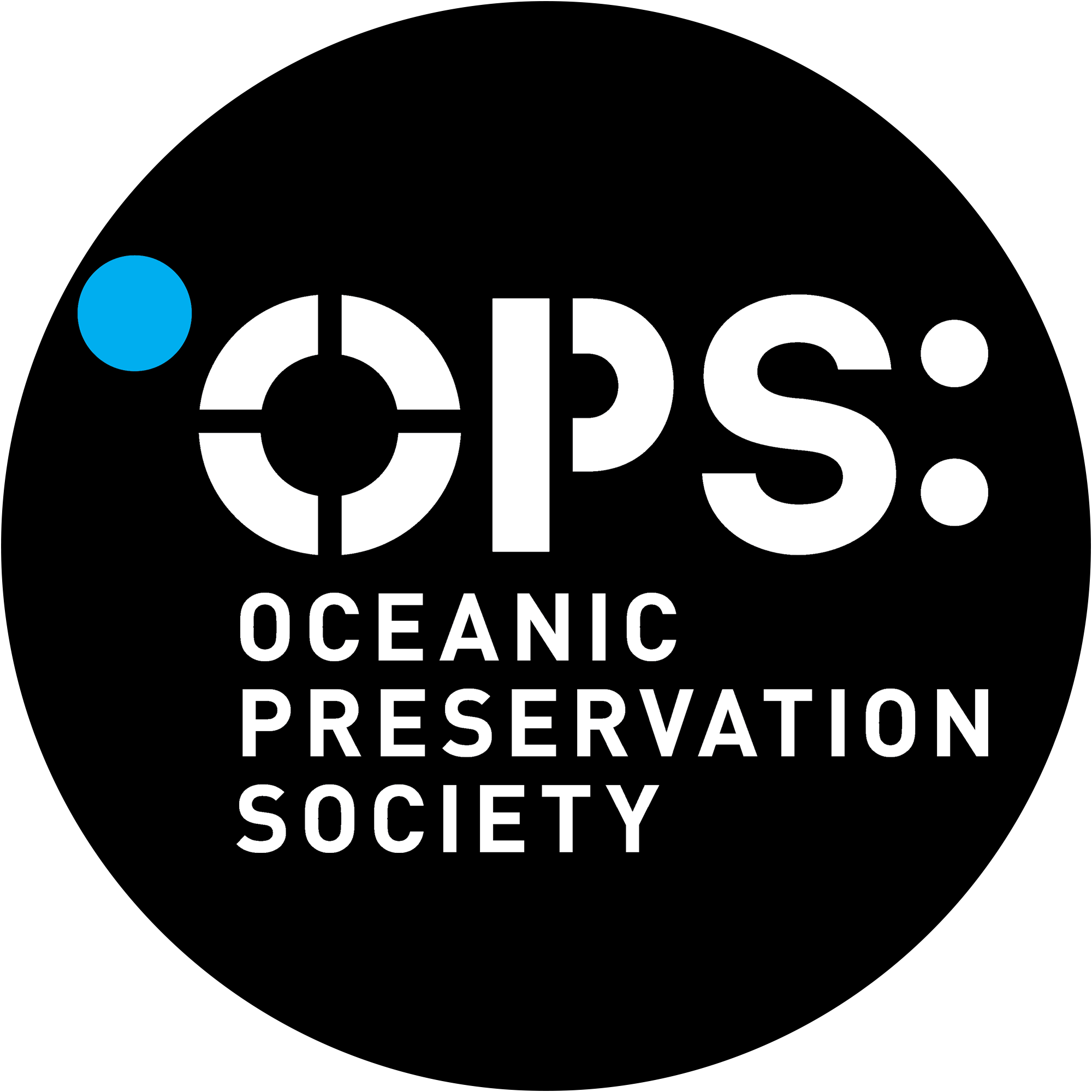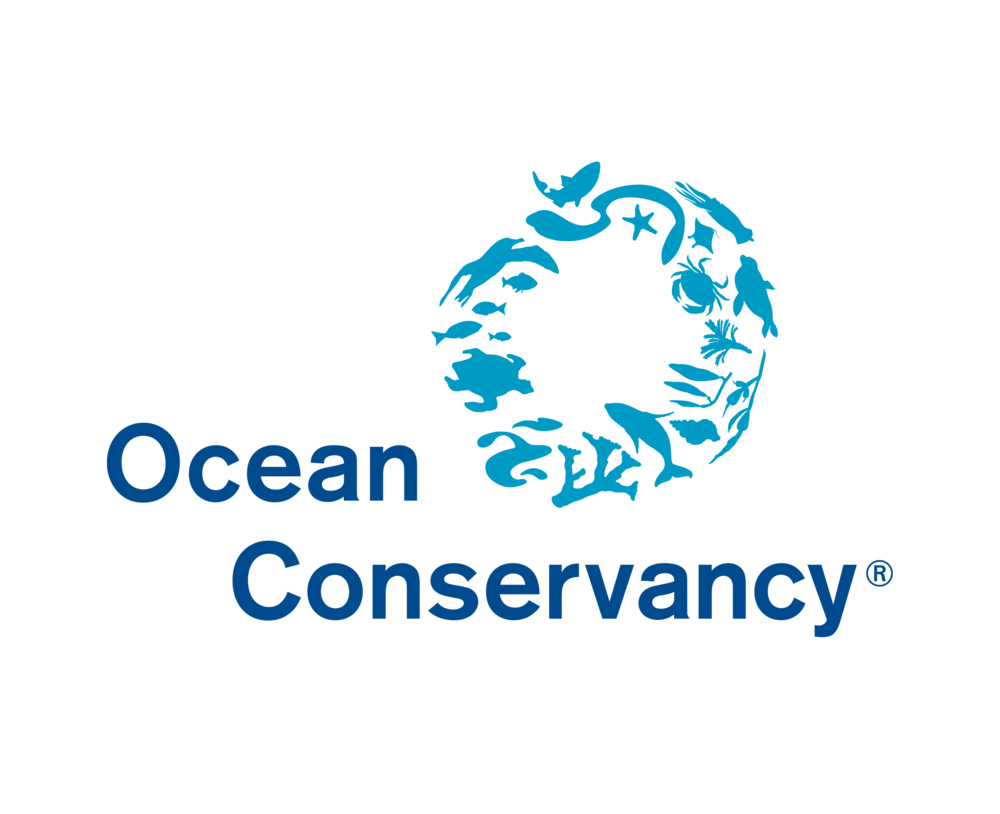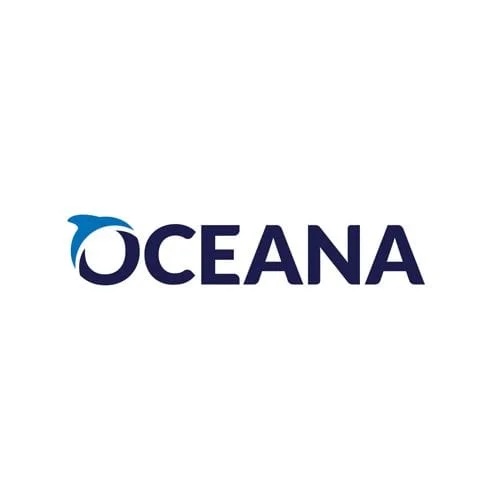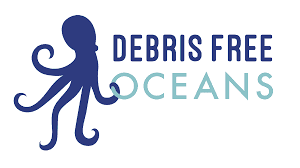“Gyre” by Chris Jordan, depicts 2.5 million pieces of plastic collected from the Pacific Ocean. Click here to zoom in.
Microplastic pollution is an issue that’s easy to overlook, but it’s deceptively threatening to both ocean and human health. Microscopic plastic particles are now found in nearly everything on the planet—from the deepest parts of the ocean to inside the cells of living beings.
Troubled Waters: How Microplastics Are Impacting Our Ocean and Our Health, will dive into the growing crisis of microplastic pollution and what we can do about it. Join us for a fascinating discussion with the people working at the front lines of this issue: Dr. Britta Baechler (Director of Ocean Plastics Research for Ocean Conservancy), Christy Leavitt (Plastics Campaign Director at Oceana), Emily Penn (ocean advocate and skipper), and moderator Madeline Kaufman (Program Director at Debris Free Oceans).
We’ll cover how microplastics have littered marine ecosystems and are impacting the health of wildlife, with potential human health consequences as well. We’ll also cover what we can do—individually and collectively—to address this insidious environmental challenge.
During this 75-minute, online event we’ll cover:
- Marine Pollution and Ecosystem Disruption – How microplastics accumulate in oceans, impact marine species, and threaten biodiversity and ecosystem function.
- Pathways to Human Exposure and Health Effects – Exploration of how microplastics enter the human body through food, water, and air, and the potential implications for our health.
- Prevention, Policy, and Public Action – Discussion of current global and local policy responses and steps individuals and communities can take to reduce plastic pollution.
About the speakers
Britta Baechler serves as Director of Ocean Plastics Research at Ocean Conservancy. Britta currently works to develop a policy-relevant research agenda and contribute new insights to the growing body of science on ocean plastic pollution. She leads primary research on varied topics related to the impacts of plastic pollution, including the prevalence of microplastics in the human food system, wildlife benefits of plastic cleanups, movement of floating plastics and public knowledge and perceptions of the issue. Britta also serves as adjunct faculty with University of Toronto’s Department of Physical and Environmental Sciences. Britta earned her undergraduate degree at Lewis & Clark College and doctorate at Portland State University. While she has been primarily focused on studying plastic pollution since 2016, Britta also carries more than a decade of experience working in fisheries management and broader marine conservation, in varied ecosystems ranging from the Bering Sea/Aleutian Islands region of Alaska to Northern Mariana Islands.
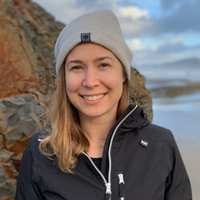
Christy Leavitt is Oceana’s senior campaign director overseeing the organization’s U.S. initiatives to address the plastic pollution crisis and curb its devastating impacts on our oceans, climate, and communities.
In this role, Christy leads Oceana’s policy experts, scientists, and field representatives in advocating for federal, state, and local government policies that reduce the production and use of single-use plastics. Under her leadership, Oceana has campaigned to pass more than a dozen state laws and 70 local policies on single-use plastics. During her time at Oceana, she has testified before state and Congressional committees and been quoted in numerous news outlets. Christy is featured in the PBS documentary “We’re All Plastic People Now” about the pervasiveness of plastic pollution in our lives.
Christy has advocated and organized for strong environmental policies at the national and state levels for more than two decades. Prior to joining Oceana in 2019, she worked at Environment America where she ran national campaigns, lobbied decision makers, built strong coalitions, engaged new allies, and researched and wrote reports on water and air pollution. Earlier in her career, Christy worked with college students training them to be effective activists and campaigners. She graduated cum laude from Occidental College with a bachelor’s degree in American Studies.
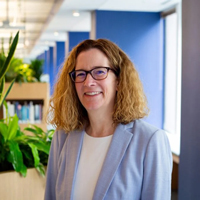
Emily Penn is an ocean advocate, skipper and impassioned expert on plastic pollution. For 15 years she’s been at the helm of change: putting the plastics issue on the map, shaping the conversation and catalysing action.
She graduated from Cambridge with a degree in Architecture and a job offer in Australia, but, after rounding the globe on the record-breaking biofuelled boat Earthrace, her life changed forever.
Emily founded eXXpedition, a series of all-women sailing voyages, on a mission to help people grasp the true challenge of ocean plastic pollution, so they can use their skills to solve it from sea to source.
She’s sailed 80,000 miles – from the tropics to the Arctic – leading voyages that have changed science and lives. She’s inspired and worked with everyone from community leaders to CEOs and scientists to heads of state. In 2021 she was awarded the British Empire Medal by the Queen.
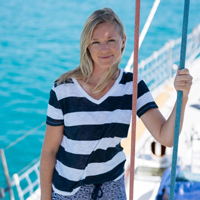
Madeline Kaufman is the Program Director at Debris Free Oceans and a lecturer at the University of Miami’s Rosenstiel School of Marine, Atmospheric, and Earth Science.
Debris Free Oceans is a 501(c)(3) nonprofit dedicated to empowering local communities to go zero waste through sustainability consulting, outreach & education, and cleanup & zero waste events. She currently leads the Zero Waste Miami coalition, coordinating a group of more than 130 cross-sector stakeholders working to build Miami’s circular economy, and has overseen the Plastic Free Cities program, training high school students to consult with local businesses to reduce waste.
Kaufman received her Master of Science in Marine Biology and Ecology at the University of Miami, where she researched strategies to maximize coral reef restoration resiliency. She now teaches a Tropical Coastal Restoration course at UM, engaging graduate students in lectures and fieldwork covering dune, mangrove, seagrass, sponge, oyster, and coral restoration.
Kaufman is a PADI-certified Divemaster and an American Academy of Underwater Sciences scientific diver (logging over 500 SCUBA dives), and leads citizen science dives engaging the public in coral restoration and underwater cleanups. She also volunteers as FWC-authorized sea turtle monitoring personnel, and shares her expertise locally through serving on Florida Sea Grant’s Miami-Dade County Extension Advisory Committee and Miami-Dade County Public Schools’ Sustainability Task Force.
She has been selected to be an Our Ocean Youth Leadership Summit Delegate (2024), an Aspen Future Leaders Climate Fellow (2024), a PADI Dive Against Debris Hero (2023), a Women Diver Hall of Fame PADI 4 Change Award recipient (2018), and a PADI Inspiring Women Diver Contest- Ocean Health Category winner (2017). In graduate school, Maddie received the David Rowland Endowed Fellowship and Award of Academic Merit, and as an undergraduate, she received the Dickinson Scholarship, was inducted into the Phi Beta Kappa honor society, and graduated Summa Cum Laude.
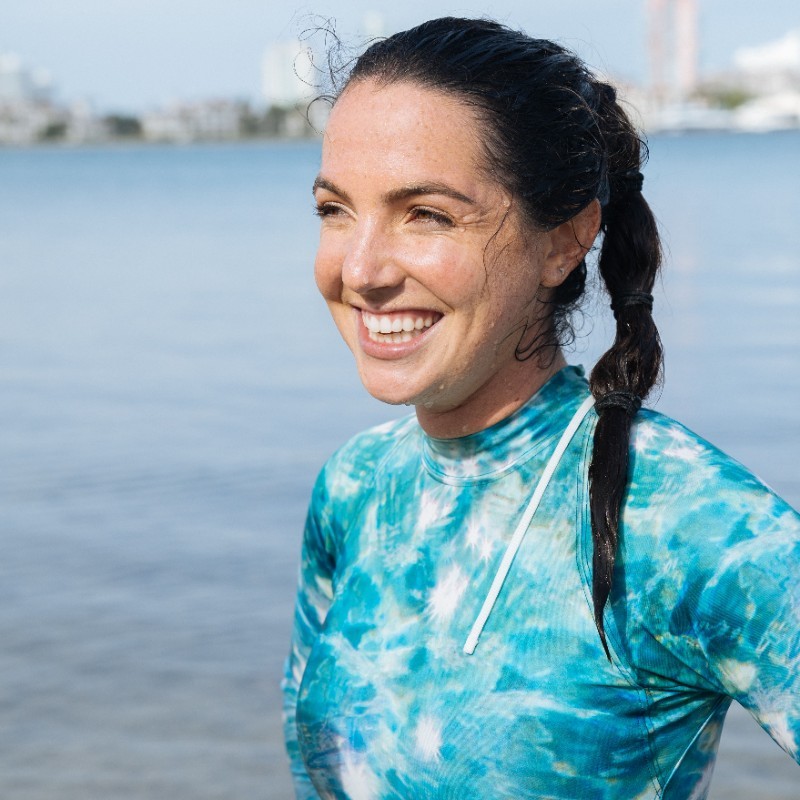
Event Registration
After you register for this event you will receive an email from Zoom with instructions for joining.
A recording of the event will be made available for attendees who add a donation to their registration or who make a post-event donation.
